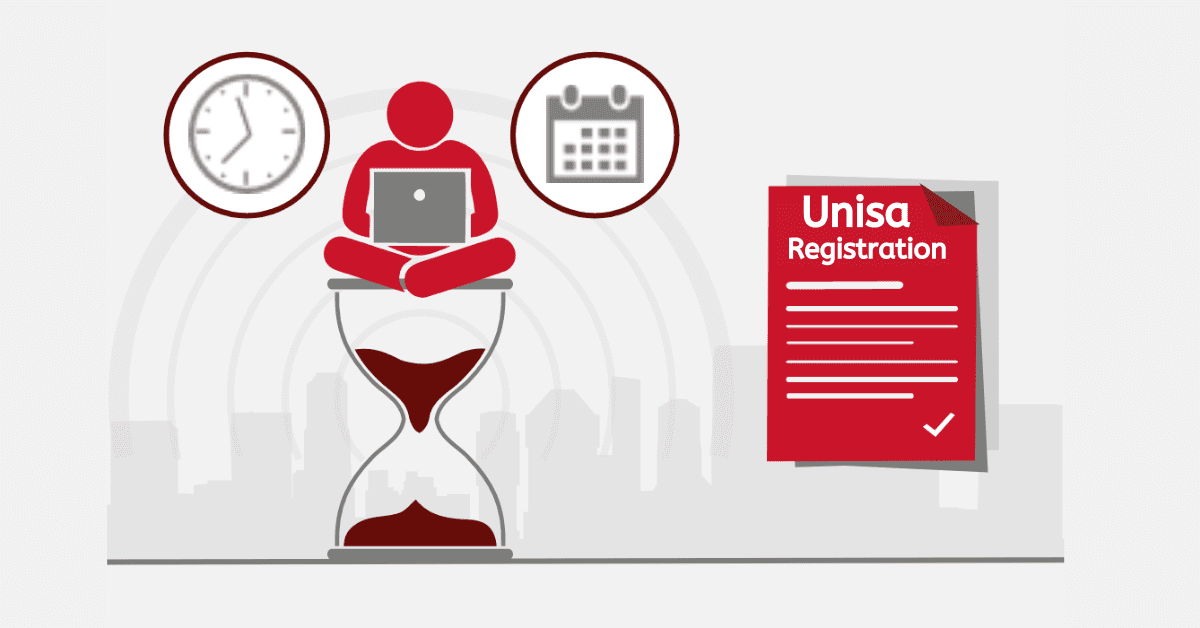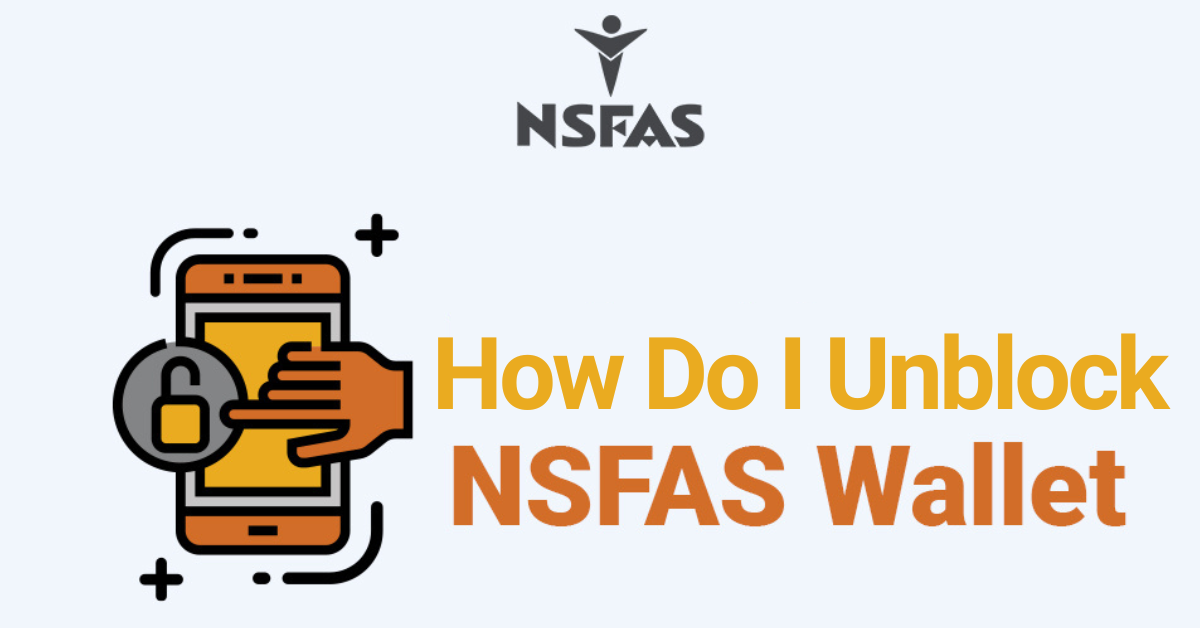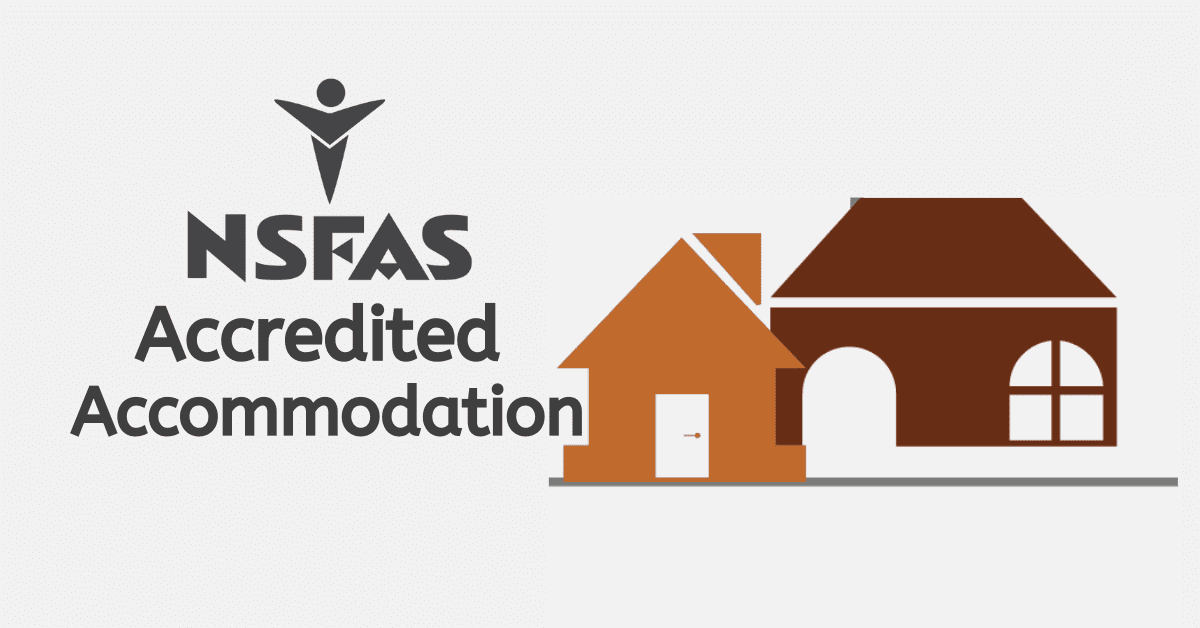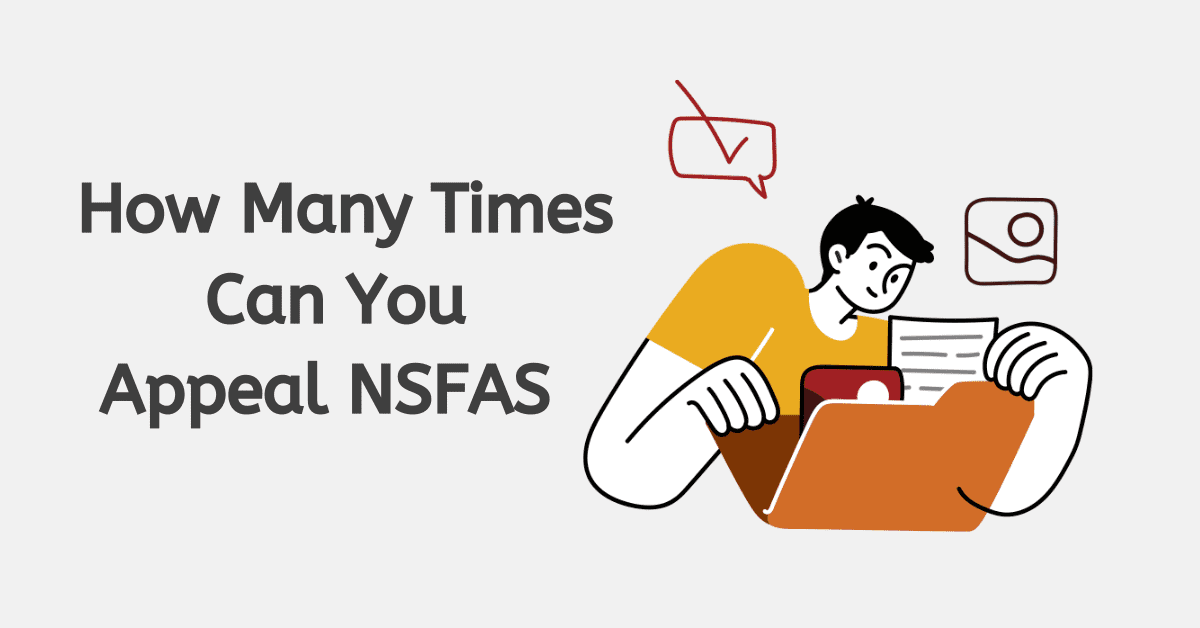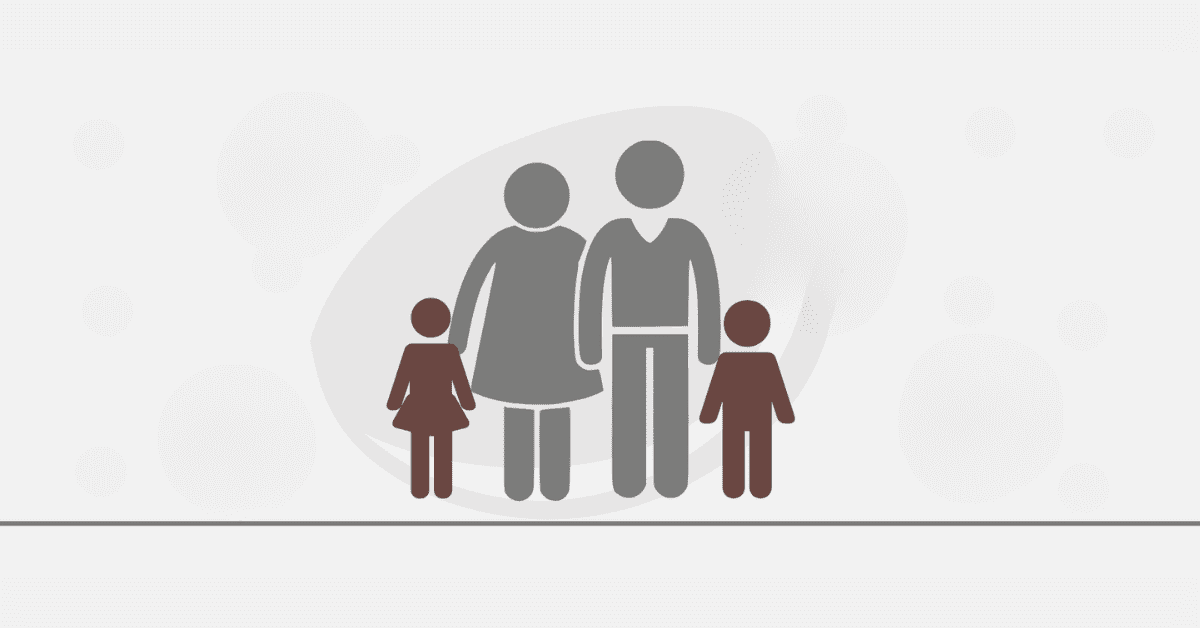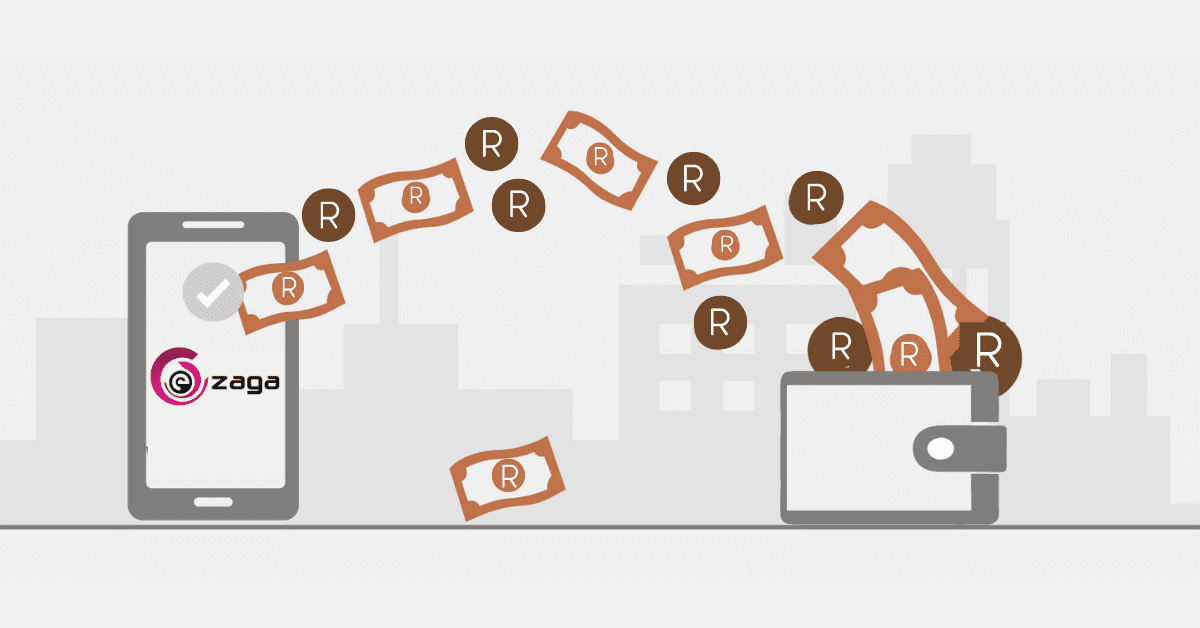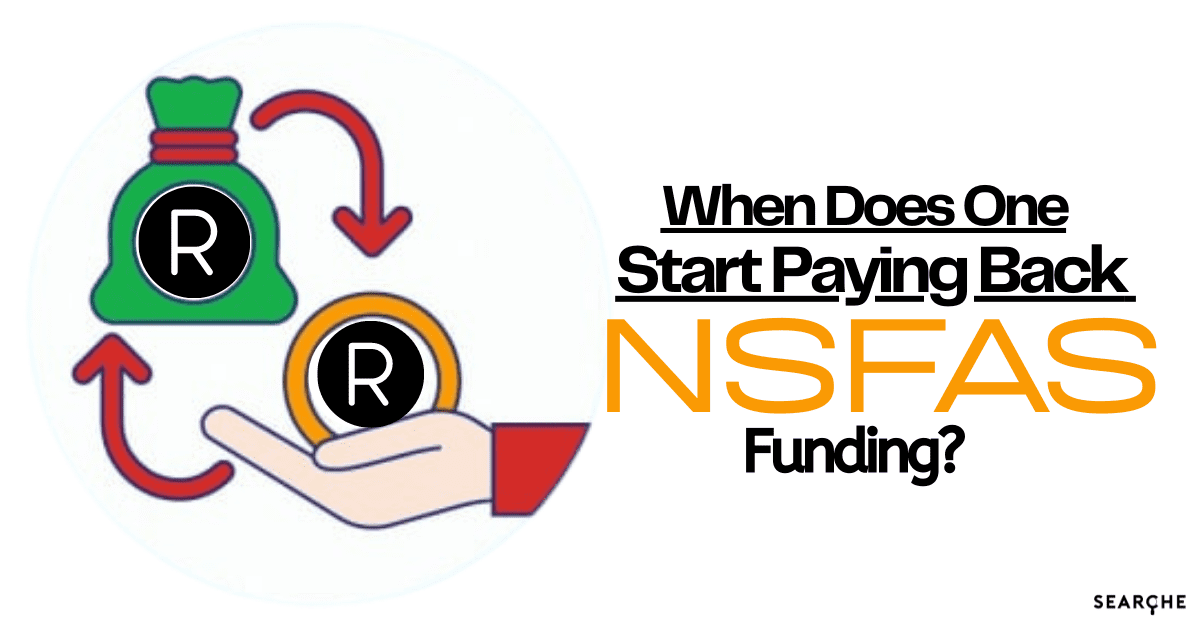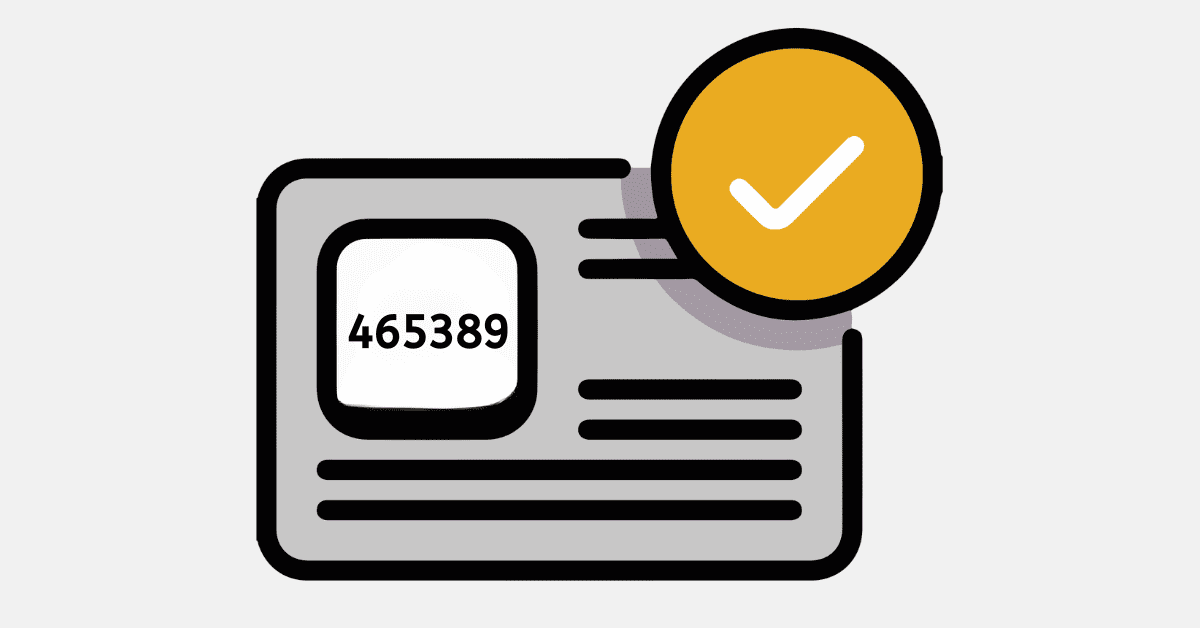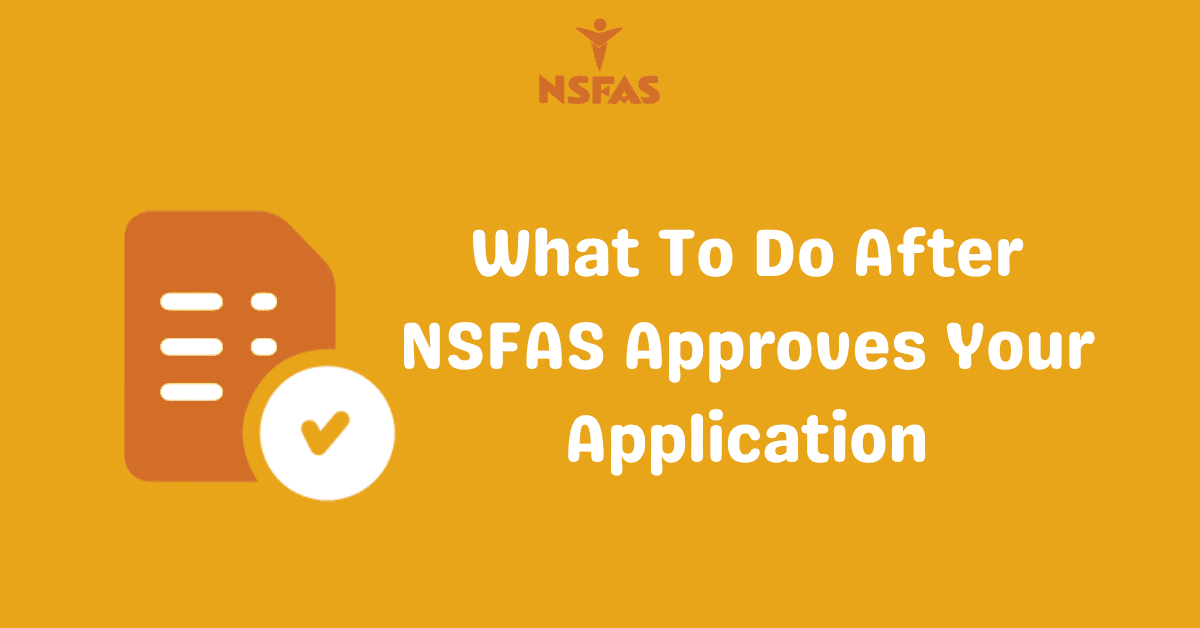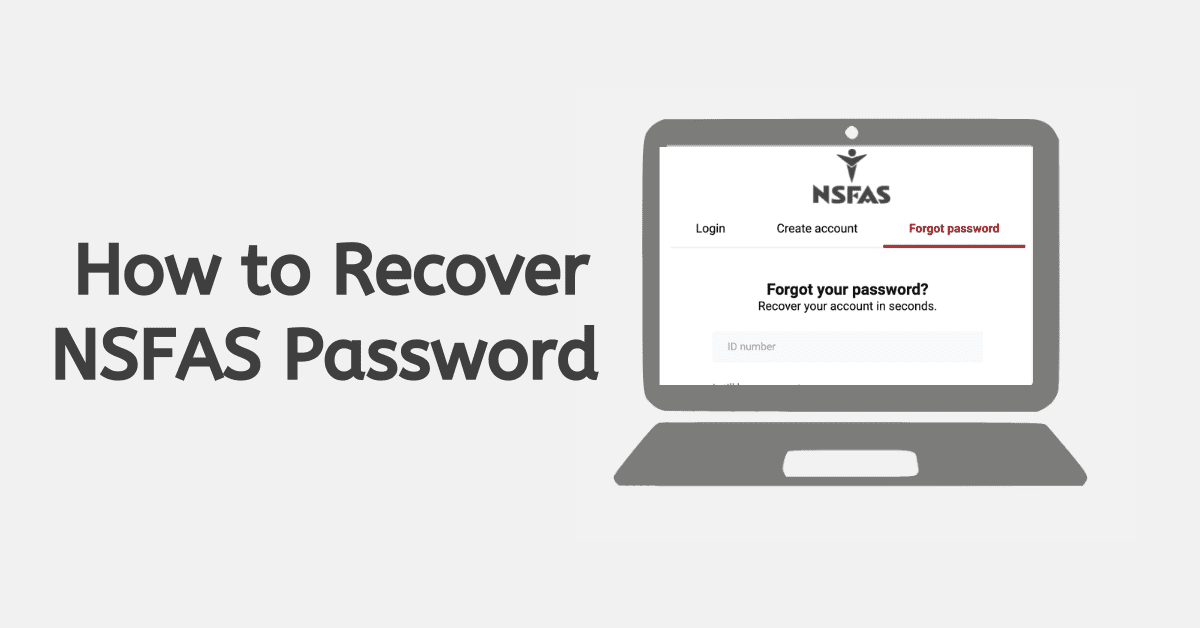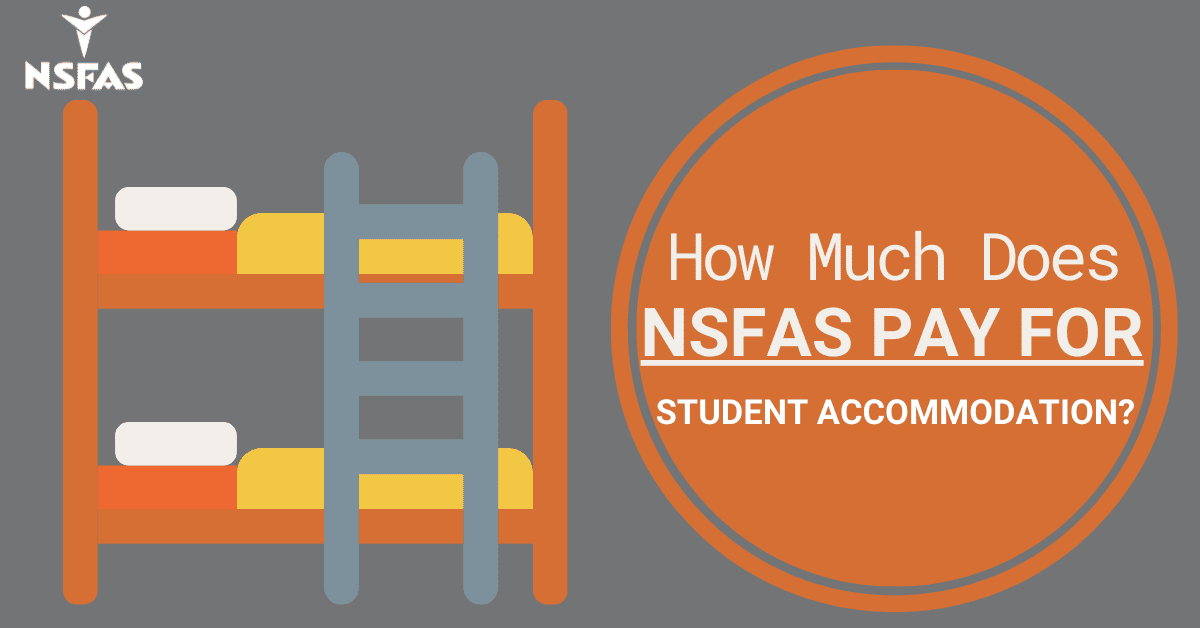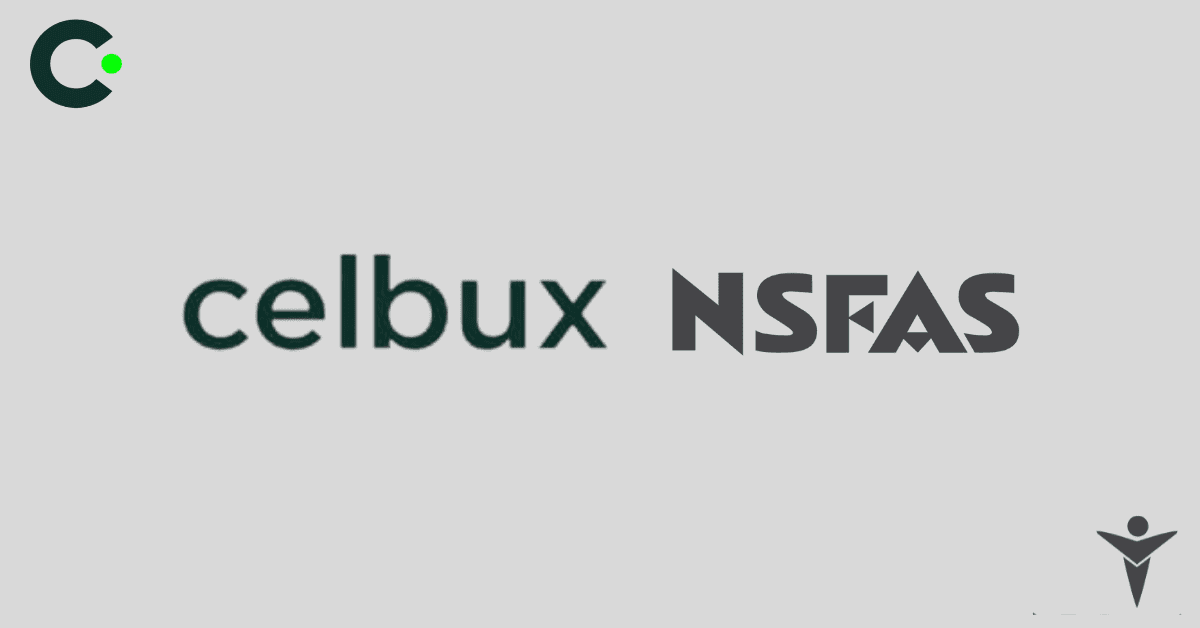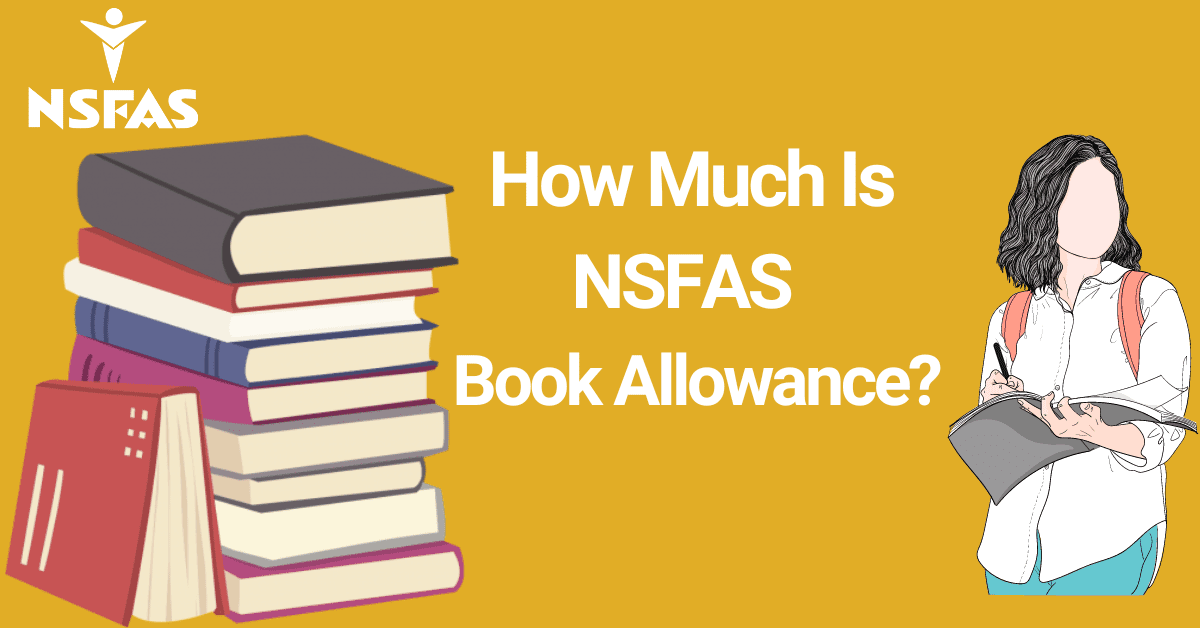The Ikusasa Student Financial Aid Programme (ISFAP) is a funding model that is designed to support the financially needy students belonging to the “Poor” and “Missing Middle” categories. This program differs from the National Student Financial Aid Scheme (NSFAS) since it has different requirements. Keep reading to learn everything you want about the ISFAP bursary.
Will ISFAP Bursary Replace NSFAS?
ISFAP will not replace the NSFAS since ISFAP does not cater to the same students targeted by NSFAS. For instance, NSFAS targets students from poor families with a combined household income that does not exceed R370 000 per annum.
On the other hand, ISFAP specifically serves students who fall under the category of “Missing Middle” with a combined household income of between R350,000 and R600,000 per annum. This group does not qualify for NSFAS, which means NSFAS will continue providing funding to poor students.
ISFAP provides funding to students undertaking studies in professions that require critical skills. These professions often require technical skills and often experience a shortage of skilled workers. For instance, studies in the science field often have low takers compared to the arts and humanities sectors.
However, science-related studies like engineering, computer science, health science, agriculture, and others are crucial to South Africa’s economic development. Therefore, ISFAP does not intend to replace NSFAS but focuses on a critical niche in the country’s economy.
Additionally, ISFAP and NSFAS have different sources of funding. NSFAS is a government-funded bursary scheme run by the Department of Higher Education and specifically targets students from low-income families.
ISFAP gets its funding from different sources, including the business sector, foundations, government agencies, non-profit organizations, private individuals, financial institutions, and local and international donors. Therefore, ISFAP and NSFAS are mutually exclusive entities with different interests.
ISFAP provides additional allowances to suit the needs of different students. Its funding covers the following items:
- Tuition fees
- Food
- Accommodation
- Living allowance or pocket money
- Learning materials (textbooks, calculator, and others)
- Non-academic support (life skills training, project manager, staff mentors, life support, tutorial support, and admin support)
Do You Pay Back ISFAP Bursary?
Beneficiaries of ISFAP bursaries do not have to pay them back after graduating. Bursaries usually come in the form of grants, which are awarded to deserving students. They should not be paid back. ISFAP was established to cater to the needs of students from the lower and middle classes in South Africa to create equal opportunities with their affluent counterparts.
Since ISFAP aims to uplift students from lower backgrounds, beneficiaries do not need to repay the bursaries. Instead, the agency is concerned about attracting more participants to pursue studies in essential fields.
ISFAP is a non-profit organization that relies on funding from various sources. Therefore, it does not expect to get the money back from students but help stimulate economic growth for the betterment of the entire country.
What Are the Benefits of ISFAP Bursary?
Many students from poor backgrounds often face the challenge of accessing funding to pursue higher and tertiary education. However, ISFAP plays a big role in addressing the funding problems faced by the “poor” and “missing middle” students.
Students get funding to cover tuition fees, accommodation, meals, study materials, and living allowance. Each beneficiary is supposed to get a total amount of about R166 668, but the total varies depending on the institution.
The funding comes in the form of a fully funded bursary, which means the beneficiaries do not need to repay the money. Additionally, universities also provide students with social support, academic support, medical support, and life skills training.
The funding strategy is also designed to help students achieve their career objectives and earn other essential credentials for other in-demand professions. Hands-on experience helps the students solve different problems they may encounter during the dispensation of their duties. Technical skills gained by the beneficiaries help promote innovation.
Another advantage of ISFAP is that it helps address the challenges graduates often face in finding jobs. Upon completion of their studies, the beneficiaries of the bursary will be guaranteed of getting employment. For instance, South Africa needs more engineers, accountants, doctors, actuaries, craftsmen, and pharmacists.
Since ISFAP aims to address the challenges of skilled workforce issues in crucial fields, its partnership with the government can go a long way in solving issues of national importance. The government alone cannot adequately solve all the problems faced by South Africans, such as funding education and employment creation.
The involvement of other stakeholders in the development of the country can help South Africa maintain its economic progress. The vocations provided by ISFAP are crucial since they promote equal treatment of all citizens.
Which Courses Does ISFAP Bursary Cover?
The ISFAP funds students who want to study in professions with high demand or where skilled workers are in short supply. The courses covered are crucial to South Africa’s economic development. Each institution offers different courses that are fully funded by the ISFAP bursary.
The common courses covered by ISFAP bursary include various forms of Engineering such as Civil Engineering, Mechanical Engineering, Chemical Engineering, and others. Manufacturing is the mainstay of the economy, so these qualifications can enhance economic development.
ISFAP also covers courses in the Commerce and Actuarial Sciences field. These are in high demand and affect different functions of the economy. For instance, actuaries, economists, and statisticians play a crucial role in the functions of the economy.
ISFAP bursary also covers courses in health sciences which include Nursing Science, Pharmacy, Medicine and Surgery, Occupational Therapy, and Physiotherapy. Agriculture is another broad field covered by ISFAP. Students interested in getting an ISFAP bursary can check its official website for insight into the courses covered.
ISFAP bursary specifically targets students who belong to the low and middle classes. It also sponsors students intending to study courses that are in demand. Therefore, it will not replace NSFAS, which provides funding to students from low-income families. Although the two entities provide bursaries to deserving students, they use different approaches.
